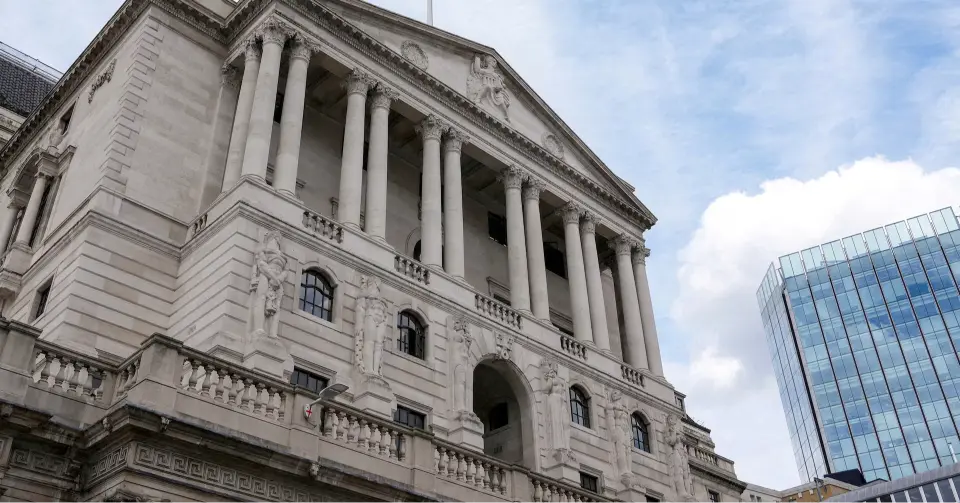Stock Buybacks and the Impact on Corporate Investments in the U.S.
Stock buybacks have become a dominant strategy for U.S. corporations, influencing investment decisions, shareholder returns, and economic growth. While buybacks boost stock prices and reward investors, critics argue they divert funds from research, expansion, and employee wages

Stock buybacks, also known as share repurchases, have become a central financial strategy for U.S. corporations. By repurchasing their own shares from the market, companies reduce the number of outstanding shares, often boosting stock prices. While buybacks can increase shareholder value, concerns have risen over their impact on corporate investments, wages, and long-term economic growth.
Why Do Companies Engage in Stock Buybacks?
Stock buybacks are often implemented for several reasons:
Boosting Share Prices: Reducing the number of shares in circulation increases earnings per share (EPS), making stocks more attractive to investors. Returning Value to Shareholders: Instead of issuing dividends, some companies opt for buybacks to reward investors. Managing Excess Cash: Companies with strong balance sheets often use buybacks as a way to utilize surplus funds.The Rise of Stock Buybacks in the U.S.
Over the past decade, stock buybacks have surged across various industries. In 2023 alone, S&P 500 companies spent over $900 billion on share repurchases, a figure expected to grow in 2025. The trend has been driven by corporate tax cuts, favorable interest rates, and strong earnings performance.
Impact on Corporate Investments
While stock buybacks provide short-term gains, their long-term economic effects remain debated.
Positive Effects: ✅ Enhanced Shareholder Value: Investors benefit from higher stock prices and improved financial performance. ✅ Efficient Capital Allocation: Companies can focus on core growth areas instead of holding excess cash. ✅ Flexibility: Unlike dividends, buybacks are discretionary and can be adjusted based on market conditions.
Negative Effects: ❌ Reduced Capital for Innovation: Critics argue that companies prioritize buybacks over research and development (R&D), limiting future growth. ❌ Lower Employee Compensation: Some suggest that funds used for buybacks could instead be directed toward wage increases or hiring. ❌ Economic Inequality: Buybacks tend to benefit institutional investors and executives rather than the broader economy.
Regulatory Scrutiny and Policy Changes
Amid growing concerns, lawmakers have proposed new regulations on stock buybacks. In 2023, the Inflation Reduction Act introduced a 1% tax on stock repurchases, aiming to curb excessive buybacks and encourage corporate reinvestment. Further policy changes in 2025 may include stricter reporting requirements and incentives for companies to allocate funds toward innovation and job creation.
The Future of Stock Buybacks in the U.S.
As economic conditions evolve, corporations will need to balance buybacks with strategic investments. While repurchases will likely remain a key financial tool, increasing scrutiny may push companies toward greater investment in technology, infrastructure, and workforce development.
Latest In Media & marketing
Banking Magazine

UAE Introduces New Visit Visas for AI, Cruises, Events
Investment

UAE May Downgrade Diplomatic Relations if Israel Annexes West Bank
Finance

UK Won’t Impose VAT on Private Healthcare, Says Minister
Money







